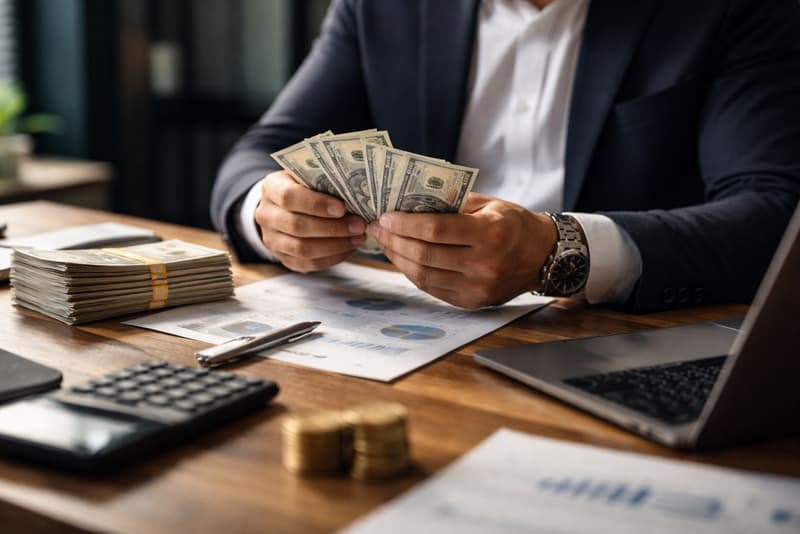
Today, Americans are spending more than ever before. From luxury housing to frequent travel and dining out, many households have adopted spending habits that portray financial success. However, many are not necessarily building long-term financial security. According to the Bureau of Economic Analysis via the Federal Reserve’s FRED database, U.S. personal consumption expenditures stood at approximately $20.6 trillion in May 2025, which is a substantial increase from prior years.
Social pressures play a role in shaping financial decisions. The normalization of high-consumption lifestyles through social media platforms has created a perception that designer items and upscale dining are the norm, instead of being aspirational. A study by Credit Karma, citing research from the National Endowment for Financial Education (NEFE), reported that 48 percent of Gen Z and 40 percent of millennials say social media causes them to spend money they do not have.
The consequences of these patterns are not always immediately apparent. Lifestyle inflation is often gradual, embedding itself in routines over time. What starts as a few indulgent purchases can evolve into an unsustainable standard of living that becomes increasingly difficult to maintain.
Lucas Noble, founder of Noble Financial Group, has observed this growing disconnect firsthand. With years of experience advising clients across a range of income levels, Noble is particularly aware of the ways lifestyle choices can undermine even the most promising financial trajectories. He frequently encounters individuals who appear financially successful on the surface, but whose retirement plans are underfunded or vague. This disconnect, he explains, is often rooted in a failure to establish clear financial priorities and boundaries.
Rather than condemning aspirational living, Noble encourages clients to critically evaluate the motivations behind their spending. He argues that enjoyment of one’s income today need not be sacrificed entirely, but must be balanced with the need for future stability. “Financial success isn’t about the lifestyle you project,” he says, “it’s about the options you retain in the future. Retirement should not feel like a downgrade from your working years, but that requires thoughtful planning now.”
One of the strategies Noble promotes is reassessing discretionary spending. Dining out several times a week or upgrading to a more expensive vehicle may feel manageable in isolation, but these decisions compound over time. When redirected toward retirement accounts, real estate, or other wealth-building assets, the same funds can lay the groundwork for long-term financial independence. Noble often walks clients through budget exercises that reveal hidden spending leaks and opportunities for redirection.
Another aspect of Noble’s approach involves goal-setting. He stresses the importance of defining specific, measurable targets for retirement rather than relying on vague aspirations. Whether that means planning for a particular retirement age or estimating required monthly income, clarity helps anchor decision-making. Without concrete goals, it becomes easier to justify present-day spending at the expense of future financial health.
Budgeting, while often dismissed as restrictive, is reframed by Noble as a tool for empowerment. He advocates for budgets that reflect values and realities. A disciplined budget creates room for flexibility over time, and provides a structure that adapts to shifting needs without derailing long-term progress.
Ultimately, Noble’s message is all about alignment. It is possible to enjoy the fruits of one’s labor while remaining anchored to long-term goals. By promoting self-awareness and responsible planning, Noble provides a realistic framework for individuals to evaluate how their present lifestyle impacts their future options.


